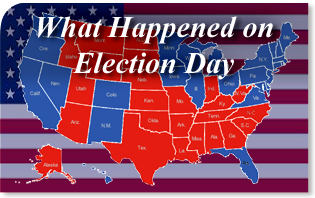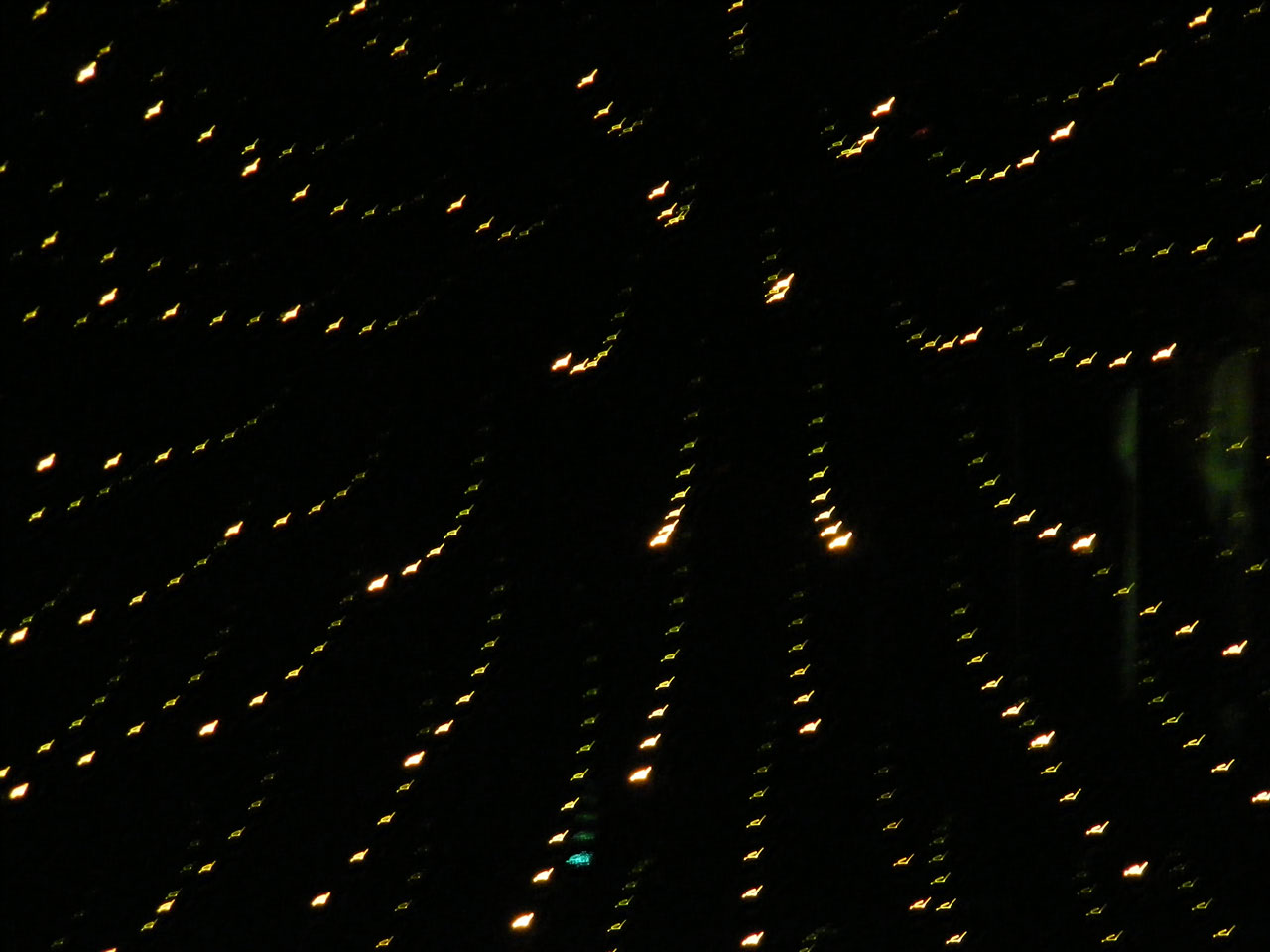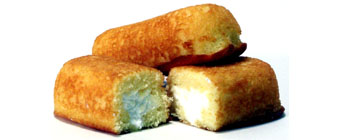 The reporting of the debate between Hostess and its bakery union is not getting to the core of this issue, a critical one which profoundly affects the economy today: The foundation of amicable employer – employee relationships.
The reporting of the debate between Hostess and its bakery union is not getting to the core of this issue, a critical one which profoundly affects the economy today: The foundation of amicable employer – employee relationships.
Tragically, under this rule of money, men adopt a corresponding set of values that takes root in society. We see an entirely different way of looking at life where social, cultural, and moral values are put aside. In their place is a set of values that attaches more importance to quantity over quality, utility over beauty, matter over spirit.



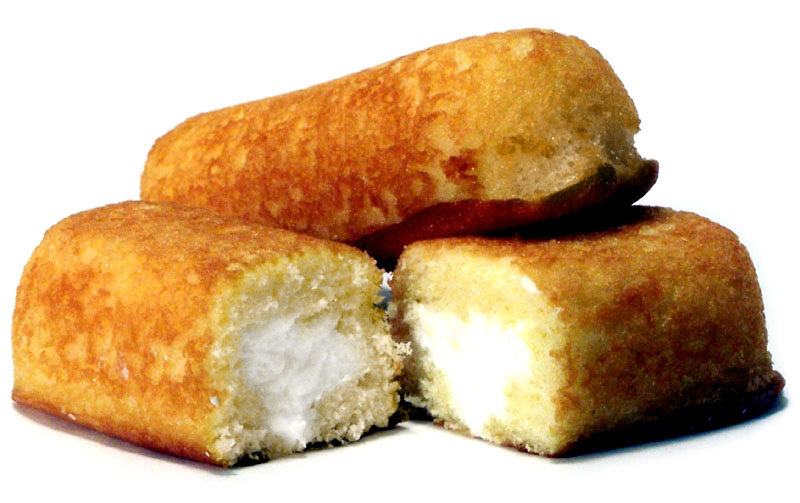


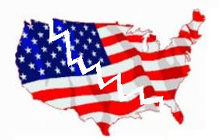
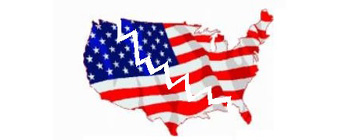






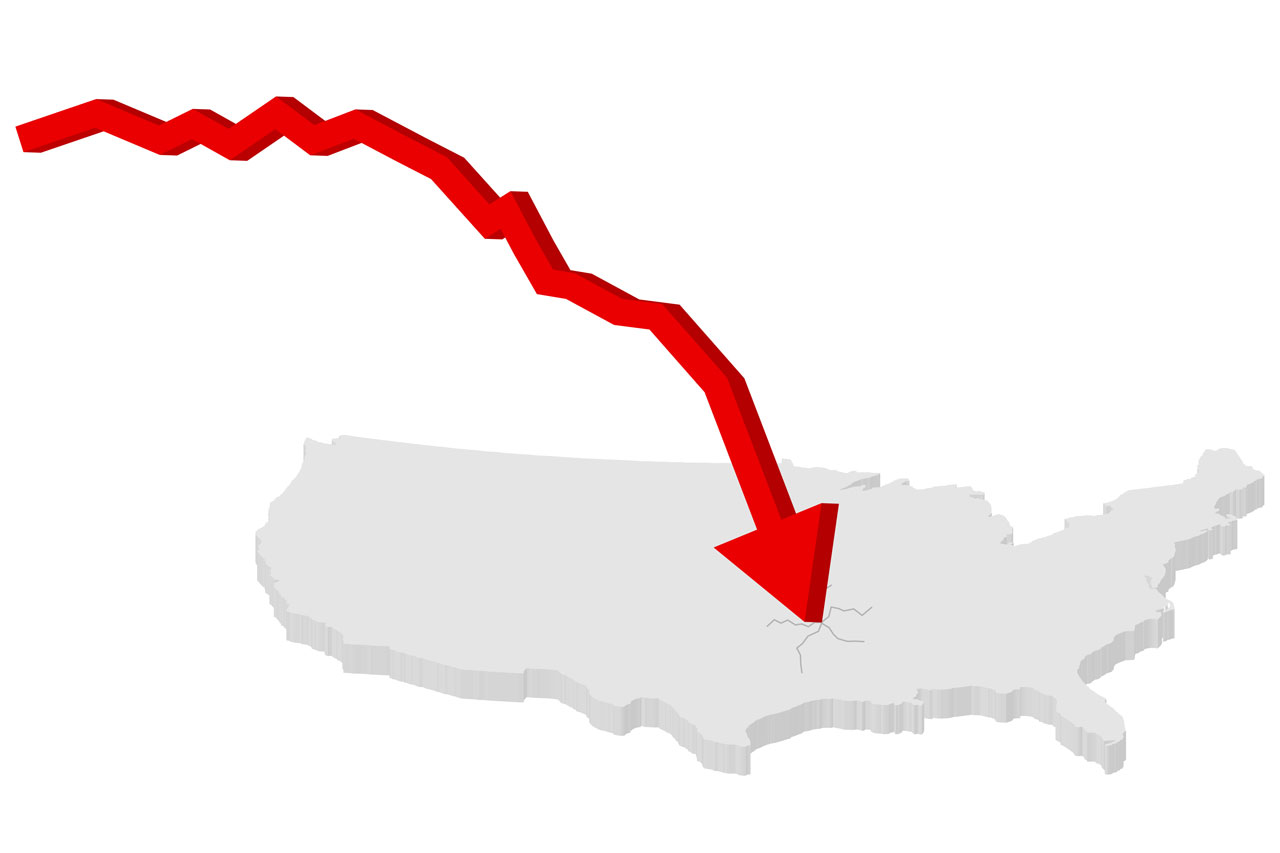
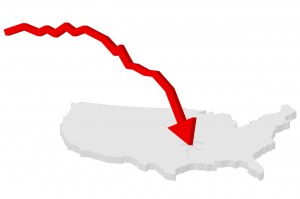 Frenetic intemperance is a term we coined to describe a restless and reckless spirit inside certain sectors of modern economy that foments a drive to throw off legitimate restraints and gratify all desires.
Frenetic intemperance is a term we coined to describe a restless and reckless spirit inside certain sectors of modern economy that foments a drive to throw off legitimate restraints and gratify all desires.